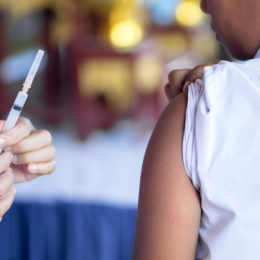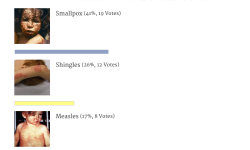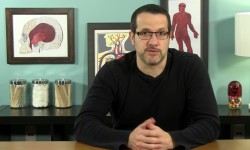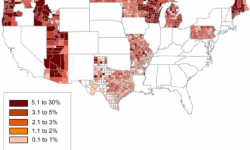Anti-Vaxxers Spin Tragic Deaths in South Korea

A string of tragic deaths in South Korea fueled the latest wave of anti-vaccine conspiracies on social media.
Five South Koreans died within days of receiving their annual flu shots, according to a report from Reuters. The deaths were unsettling, but Kim Joong-gon, a South Korean public health official, said there is no evidence that the flu shot was the cause of death. He said the country would continue to provide residents with vaccinations.
“We have reviewed whether it is appropriate to continue the vaccination or better to suspend and wait for the results,” Kim said. “We came to the conclusion that the deaths had no direct relations with the vaccination given the limited data we have now and without detailed post mortem reports.”
Kim noted the five individuals all had underlying health conditions. Stephen Evans, a professor of pharmacoepidemiology at the London School of Hygiene and Tropical Medicine, noted that “coincidental deaths are to be expected.”
“In principle, it is usually the case that flu vaccinations are given to those who are at most risk of dying from flu. Such people, because they have underlying health conditions, are also at high risk of dying from other causes,” Evans said.
More than 8.3 million South Koreans have already safely gotten their flu shot, but that hasn’t stopped anti-vaccine conspiracy theorists from latching onto this story to spread misinformation about vaccines. Richie Allen, a controversial radio host in the United Kingdom, used the story to advocate against all vaccines.
“You’d be mad to take the flu jab. Or any jab really…” he tweeted.
You'd be mad to take the flu jab. Or any jab really…https://t.co/YcEApirrmc
— Richie Allen (@BBGRichie) October 21, 2020
Anti-vaccine advocates often spin these conspiracies when tragic coincidences strike. Fortunately, medical professionals are unified in their effort to dispel these phony claims and keep people safe as flu season approaches.
This may be the most important year to get the flu shot in recent memory, according to many medical professionals. The coronavirus pandemic has left hospitals stretched thin and limiting the number of flu hospitalizations is vital.
“The COVID-19 pandemic has caused shortages of hospital beds, ICU beds, and ventilators even outside of flu season,” a pair of physicians wrote in the Harvard University Health Blog. “During flu season, when both the flu and COVID-19 will be circulating, hospitals may again face shortages, limiting their ability to care for people who are seriously ill with the flu, COVID-19, or both.”
Staying up-to-date on vaccines is critical for the personal health of each individual and the health of the country as a whole. Americans should not let online conspiracy theorists scare them from seeing the clear reality about the safety of vaccines. Think about it this way: Do you trust your personal physician or some person on the Internet you’ve never met?





